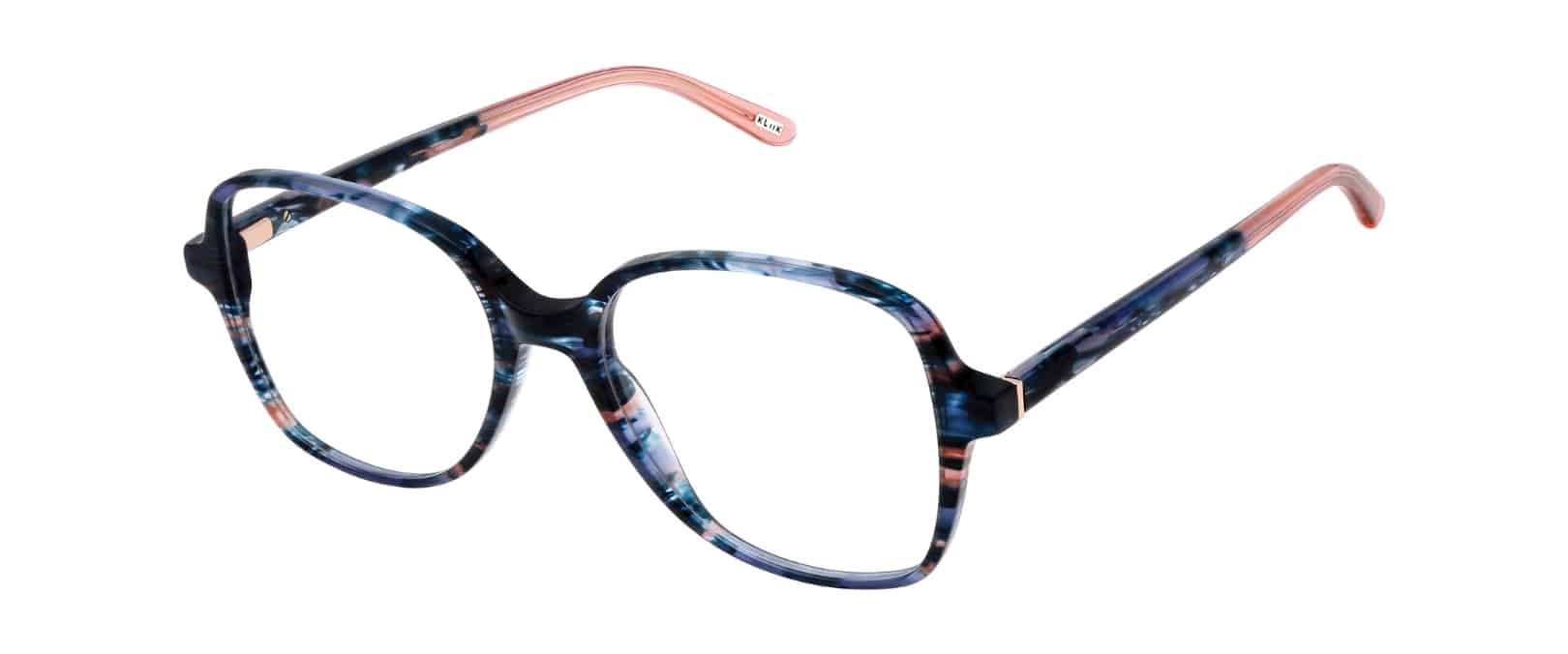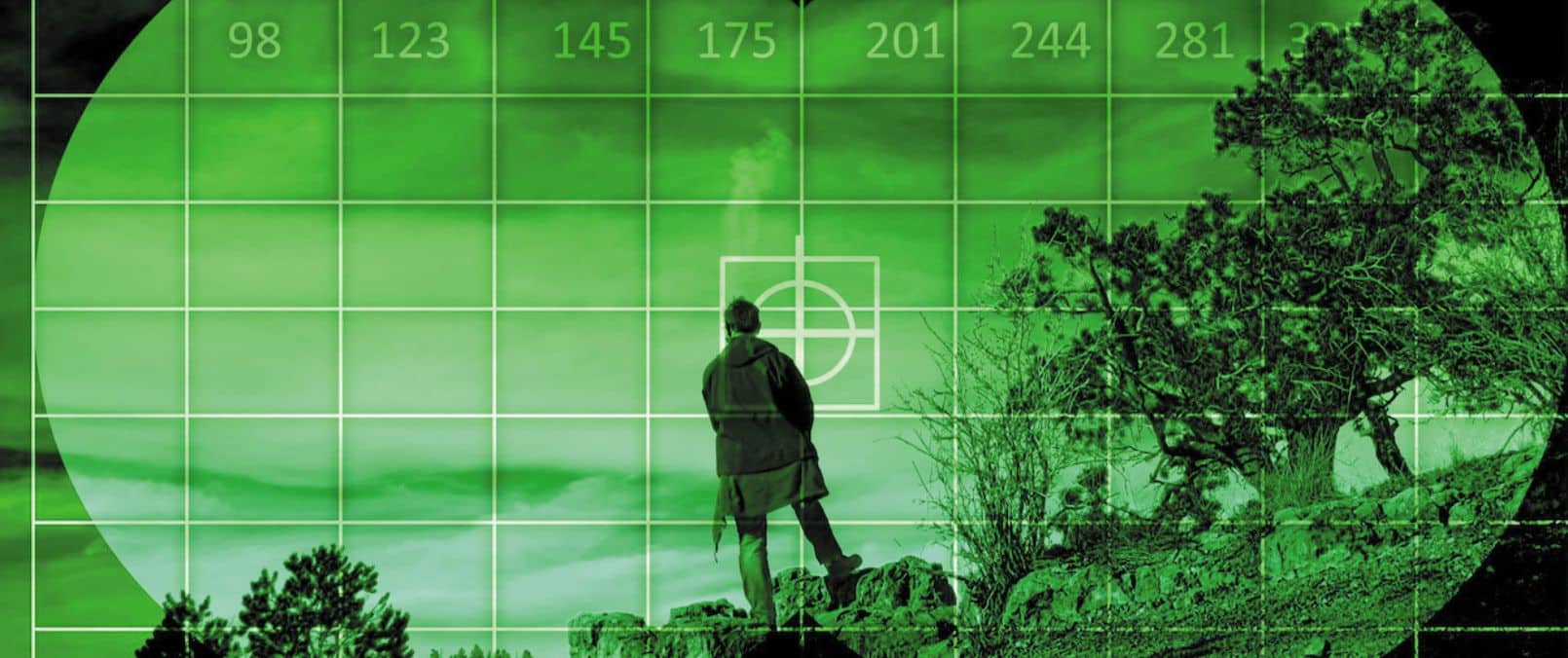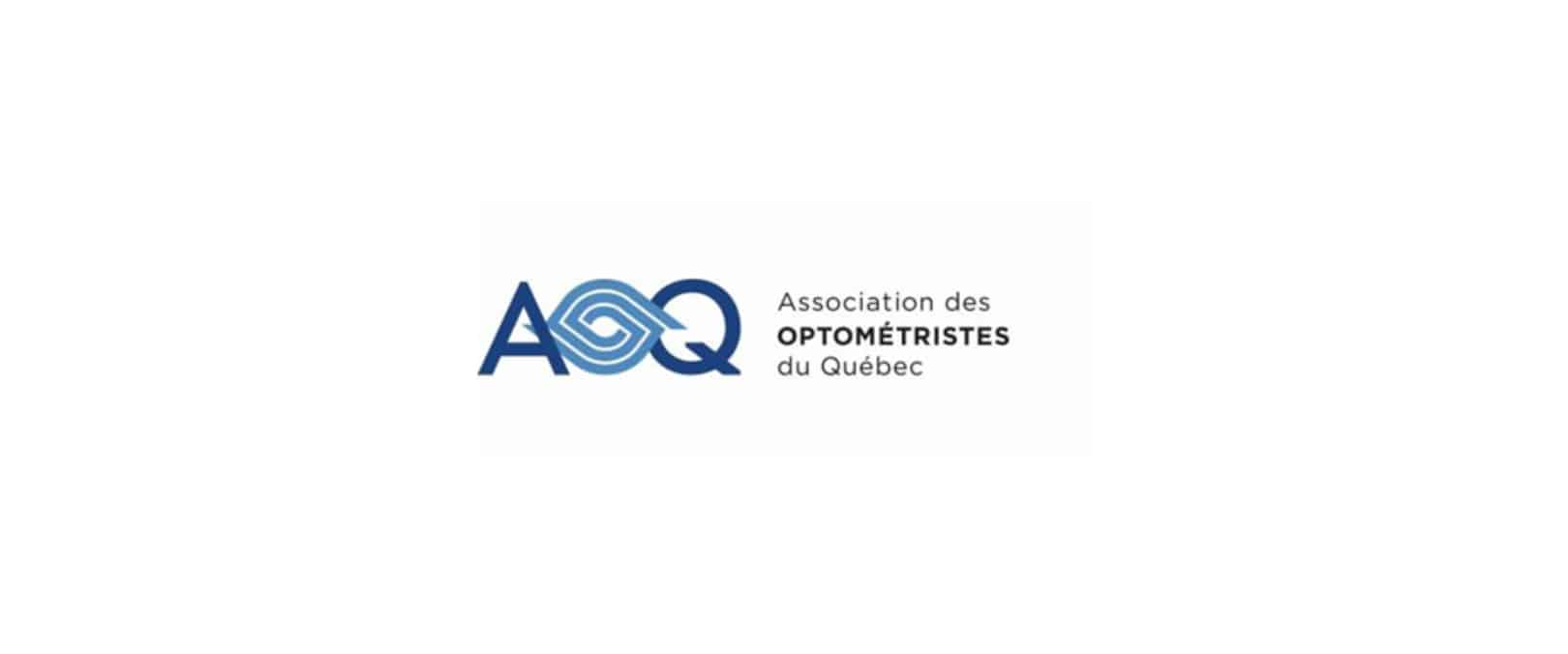CooperVision Study Examines Contact Lens Comfort Changes During Frequent Replacement Wear
Tuesday, June 30 2020 | 15 h 36 min | News, Press Release, Vision Science
CooperVision and Ocular Technology Group researchers have published results of a new study focused on comfort changes associated with contact lens aging over the course of frequent replacement wear. The scientific paper “Understanding comfort changes associated with contact lens aging”is available as part of the ARVO (Association for Research in Vision and Ophthalmology) 2020 virtual conference.
The investigators sought to understand why, due to comfort, some frequent replacement contact lens wearers replace their lenses sooner than the manufacturer recommended replacement period (MRRP), while others are able to use the same contact lenses to the MRRP without loss of performance.
The non-interventional, bilateral, prospective study included 17 frequent replacement soft contact lens wearers who typically report the need to replace their contact lenses more frequently than the MRRP. Participants were instructed to start with a new pair of their habitual contact lenses, then provided subjective ratings of comfort, dryness, irritation and vision every three days until they felt it was time to replace their lenses.
Researchers concluded that despite no change in lens surface appearance or obvious slit lamp signs, some frequent replacement lens wearers experience enough of a decline in comfort that they need to replace their lenses earlier than the MRRP. Study participants typically began experiencing symptoms signaling need for lens replacement—including dryness and a decrease in comfort and vision—approximately one week prior to the MRRP, as the average duration of comfortable lens wear was 21.9±4.1 days.
The paper, presented by Subam Basuthkar, Senior Clinical Scientist, Research and Development, CooperVision, can be accessed from the ARVO Media library catalog within ARVOLearn.com, and the abstract will be published in Investigative Ophthalmology & Visual Science this month.
Click HERE for the full press release.








